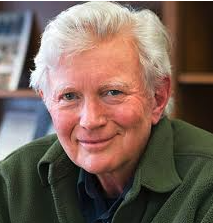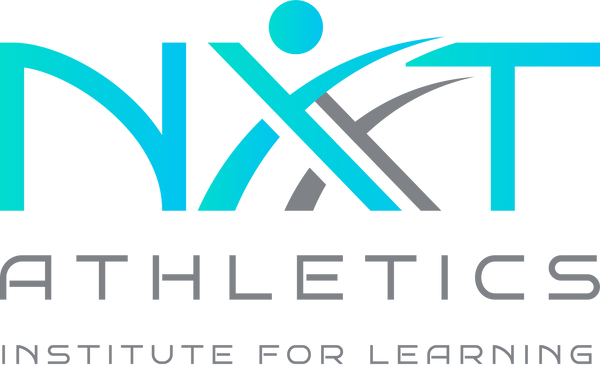The Late Joseph Novak PhD
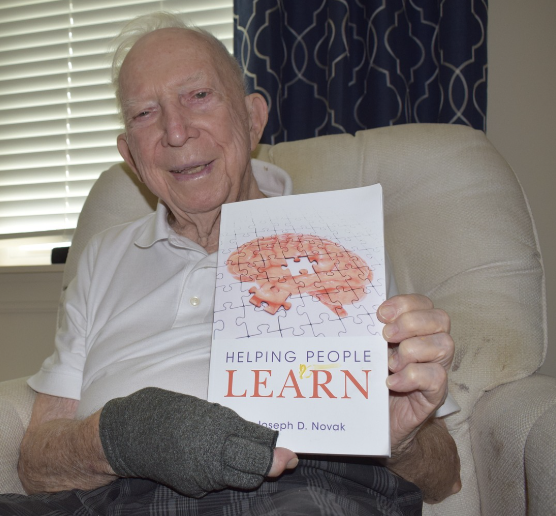
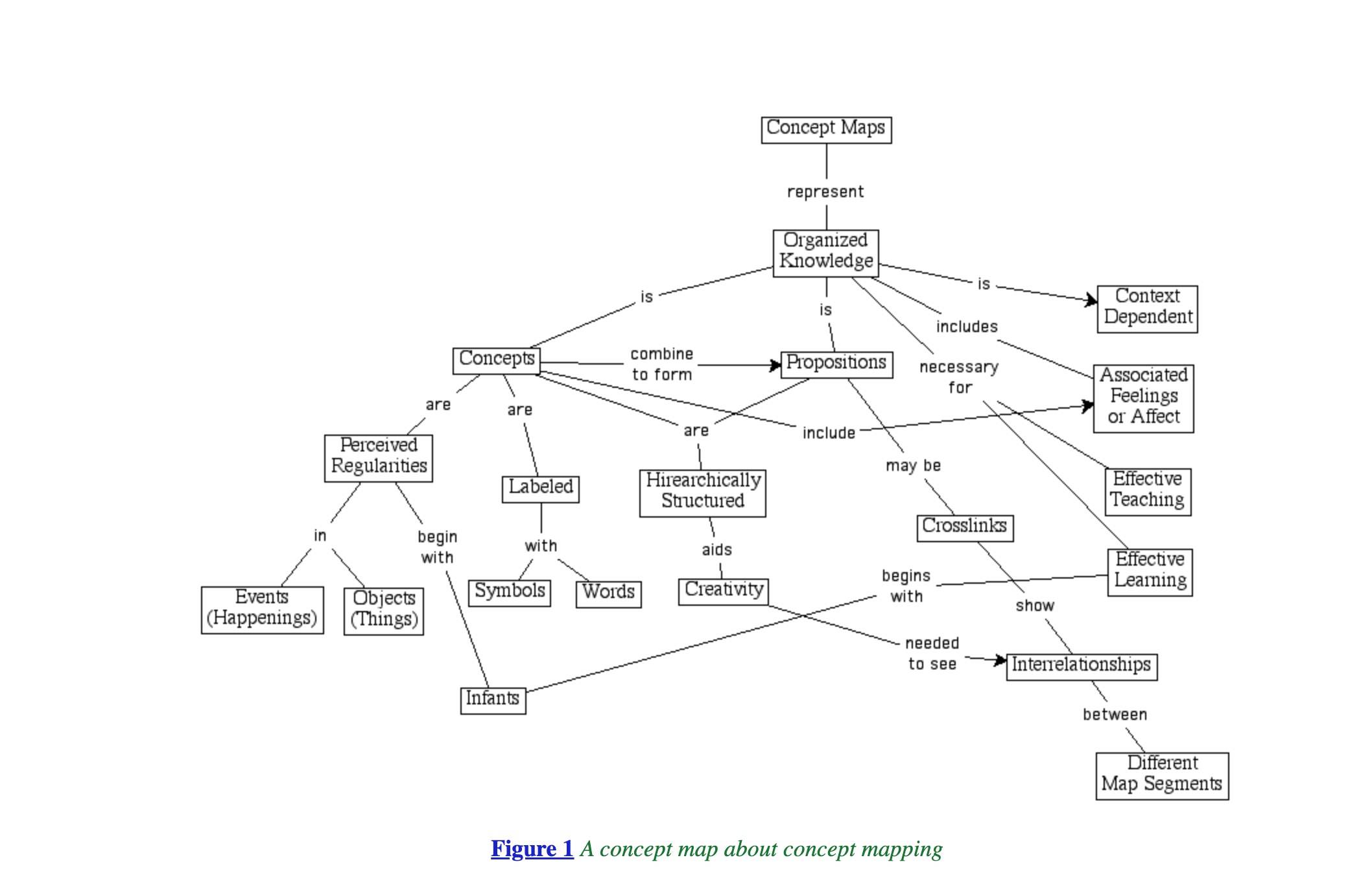

Collaboration with Coach. Dickie
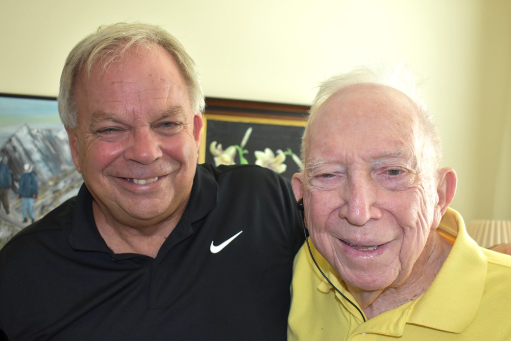
Meaningful learning occurs when new knowledge connects with existing understanding in a rich, intriguing way. That process can and should begin with play. Dr. Joe Novak
John J. Ratey,. MD
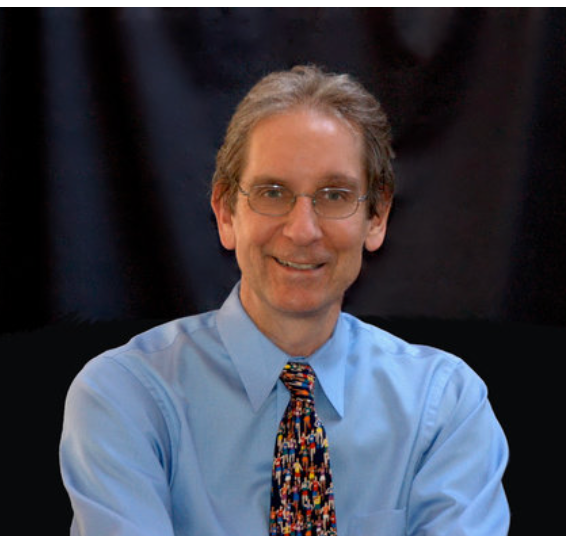

Exercise is the single most powerful tool you have to optimize your brain function.' Dr. John Ratey, Spark
Peter Gray, PhD
